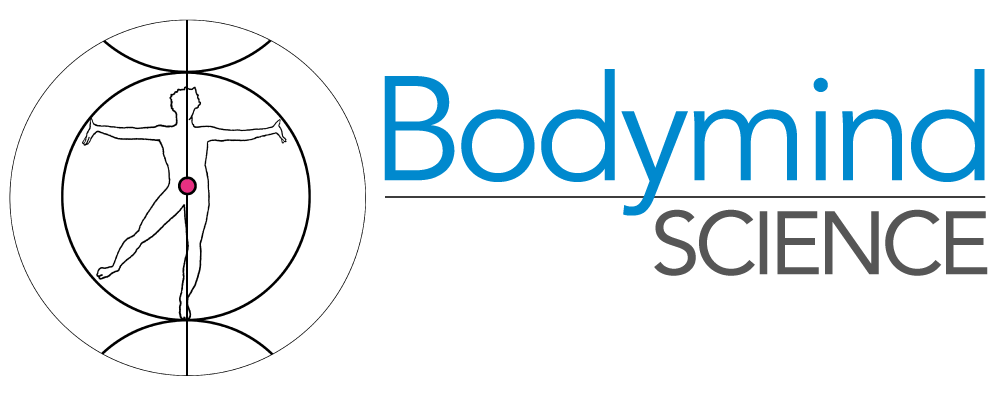

Peter Payne is a researcher, teacher, Qigong /Meditative Movement educator who has devoted his career to healing stress and trauma from the combined perspectives of neuroscience and traditional Asian bodymind disciplines.
Peter is the co-investigator of Flight Attendant Health Studies at Dartmouth, a three-phase controlled clinical trial studying the health effects of Qigong on people with pulmonary dysfunction. He is the lead author of several recent peer-reviewed research and theoretical publications addressing issues involved in the scientific investigation of somatic practices.
Through his collaborations at the Geisel School of Medicine at Dartmouth, Peter continues his enthusiastic focus on research projects aimed at uncovering important links between neuroscience and bodymind practices. His research and teaching make these bodymind disciplines understandable and accessible to Westerners, and establish a framework for investigating them in the context of stress trauma, and wellbeing. He has taught Somatics in numerous contexts, including most recently Vermont State government departments.
Peter is a teacher and practitioner of mindfulness meditation, Qigong, and Tai Chi, and a certified practitioner of Somatic Experiencing trauma therapy and the Alexander Technique of postural re-education. He has taught anatomy and neurophysiology at college level, and has maintained a lifelong interest in neurophysiology and neuropsychology, believing that these fields are the key to translating the traditional Asian bodymind practices into a biomedical framework. He holds a BA in psychology from Harvard University.
“Neuroscience confirms that the body and mind are not separate entities, but are two facets of one unified whole. Working with the bodymind as a coherent, integrated system, we can help people to develop their natural resilience and to heal quickly and easily from stress and trauma.”
